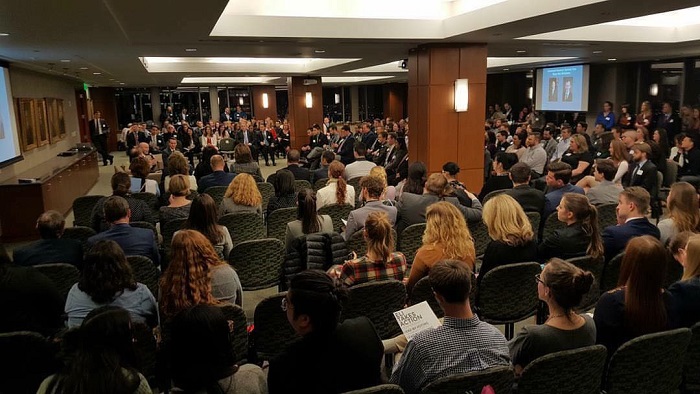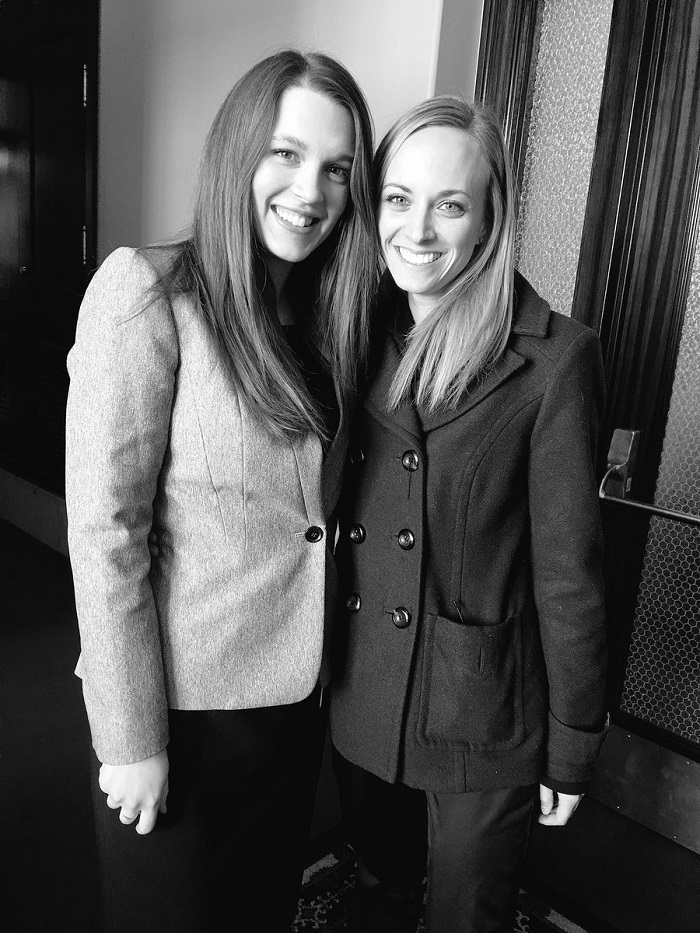
The Utah state legislature has zero millennials.
Don Willie has some feelings about that.
“We need the perspective and experiences of younger leaders now,” he wrote. “We will see the status quo challenged.”
“We believe that diversity in government has the potential to bring about meaningful public policy,” he added.
Willie may have the manpower and momentum to make it happen. He is the founder and chair of the Emerging Leaders Initiative, a Utah organization committed to that get-millennials-involved cause.
Willie pointed out that millennials are the largest voting bloc in Utah (and the nation) and that the Beehive State is first in the United States in millennial population, with millennials soon comprising two-thirds of the state’s workforce.
“With this type of presence, we are concerned about getting our peers engaged early and ready to take on leadership responsibilities in the public sector,” wrote Willie, who ran last year for Utah’s Millcreek city council. “Involving these younger generations will allows us to develop public policy that makes sense for out time and for future generations.”
Since launching in January, the ELI held a campaign bootcamp and post-legislative session wrap-up and several networking events, Willie wrote. On October 4, the organization will host Do You Speak Millennial, a Northern Utah talent symposium with Kristen Hadeed as the Key Note Speaker.
Change
Willie, the World Trade Center Utah managing director, is confident that the ELI will change Utah politics.
“As millennials in Utah get more engaged in government, I believe we will see more collaboration and transparency around issues,” he wrote, pointing out that millennials “tend to break rank with older generations and political parties on community issues” and are more issue than platform-based.
“We will see issues approached in new and unique ways,” he added.
Origins
You might say the ELI has made progress since Willie tried to organize a similar initiative six years ago, as the director of government relations for the Associated Students at the University of Utah.
“I found… the opportunity more challenging than anticipated,” wrote Willie, by day a World Trade Center staffer.
But 18 months ago, Willie brought about a “diverse” group of friends, he wrote, and over 10 months, helped develop the framework for the ELI.
Another ELI member dishes

With Willie, Aundrea Peterson is one of two dozen millennial members sitting on two ELI boards. (Another dozen non-millennials are on an advisory board.) She thinks that millennials need to transfer much of the energy they display online – particularly, on social media – to political involvement.
“It isn’t enough to just comment online to make a significant impact in our communities,” wrote Peterson, the Utah House of Representatives Majority communications coordinator. “Though, to truly have influence that benefits society, millennials must engage in conversations where policy takes place, voice ideas and concerns about issues and causes in platforms where real change can occur.”
Peterson, who managed the Napier-Pearce event, acknowledged that millennials are often considered “entitled, self-absorbed, selfie-takers who only seek a trophy and lack commitment attributes.”
“Though, millennials tend to use social media to make statements and promote meaningful causes,” Peterson wrote. “Alongside those selfies, there are robust current event and cultural conversations, political statements, and go-fund me promotions.”
“Though, we cannot let our engagement stop there,” Peterson added. “We need to harness our impactful social media dialogue and turn it into action in the real world.”
The ELI is “an avenue for millennials to ask questions no matter how much they know or don’t,” wrote Peterson, who said she has been engaged in the political process since joining a youth council in her junior high years. “(It’s) a place to receive information and connect emerging leaders with various government entities and organizations, where they can thrive and offer their expertise.”

